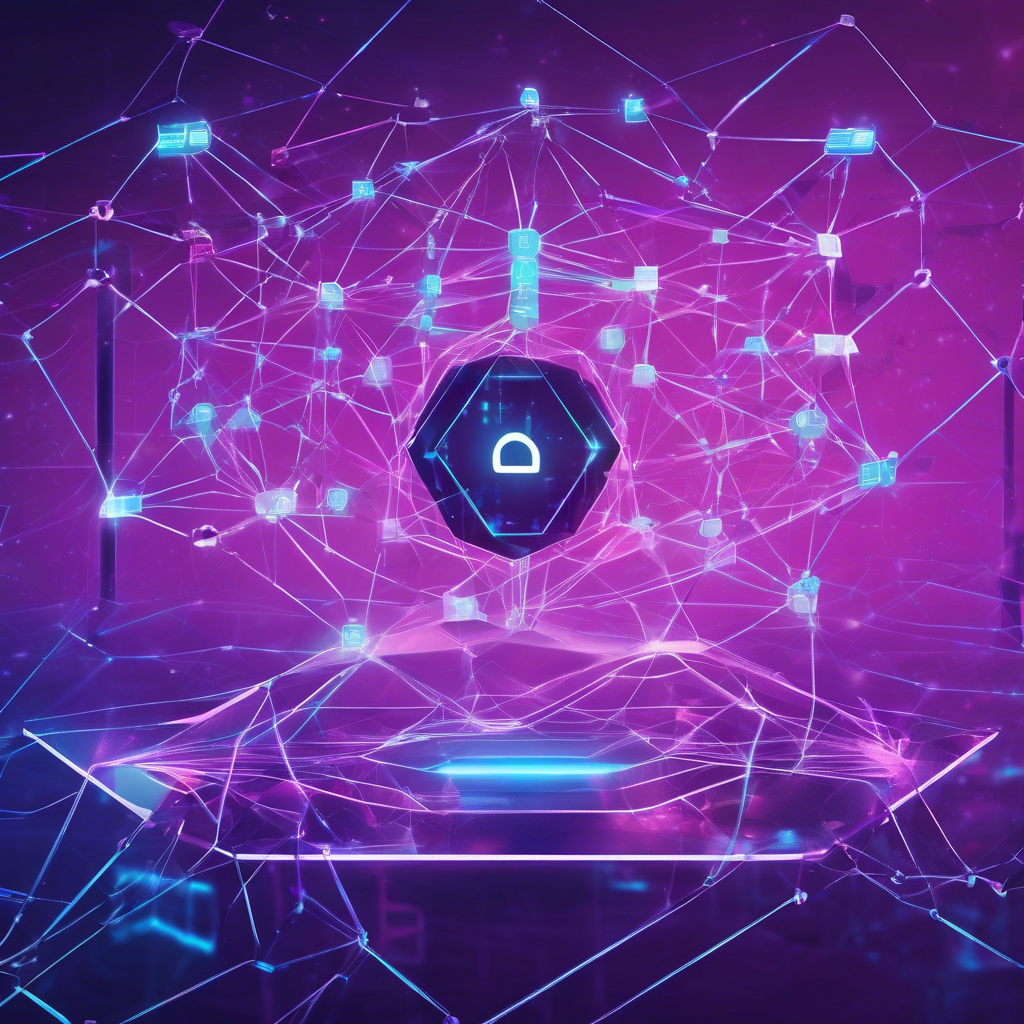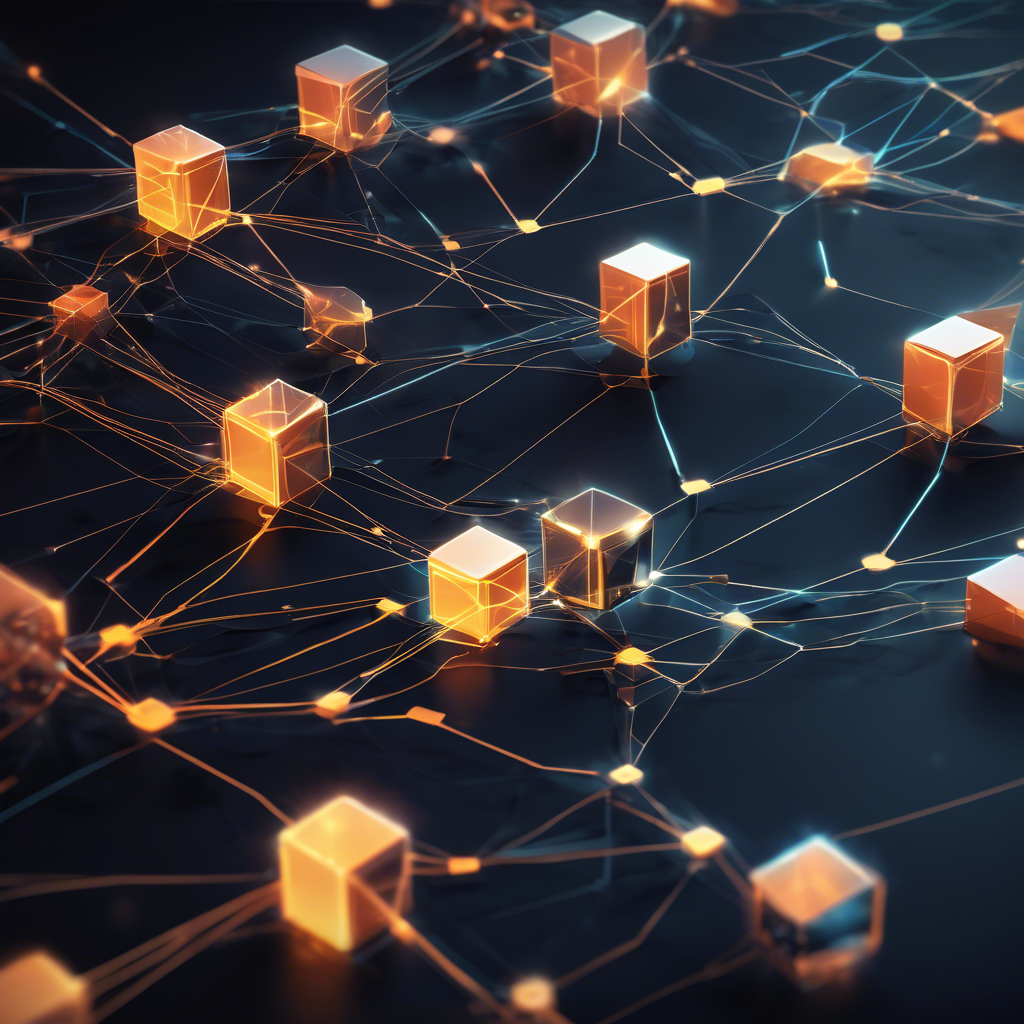D-Wave Introduces Quantum-Enabled Blockchain for Enhanced Security and Efficiency

D-Wave Quantum Inc. has unveiled a quantum-enabled blockchain architecture aimed at enhancing security, scalability, and efficiency in distributed ledger technology. Detailed in the recently released research paper titled “Blockchain with Proof of Quantum Work, ” this innovative framework substitutes classical proof-of-work (PoW) mechanisms with a quantum-native verification model, implemented on D-Wave’s annealing quantum processors. The new “Proof of Quantum Work” (PoQW) algorithm enables blockchain hashes to be generated and validated solely on quantum hardware, thereby eliminating dependence on the energy-intensive classical mining process. In a groundbreaking demonstration, D-Wave successfully deployed this quantum blockchain architecture across four cloud-based quantum computers located in Canada and the U. S. , achieving synchronization of blockchain validation across various hardware generations. The PoQW approach utilizes programmable spin-glass models, a category of complex optimization problems that quantum annealers tackle by discovering low-energy states in an Ising-model Hamiltonian. Within this blockchain framework, transaction data is mapped to the quantum state of the system, allowing the annealer to determine the optimal configuration, effectively computing a quantum-generated hash. Unlike classical cryptographic hashing methods (such as SHA-256), this hashing technique arises naturally from quantum fluctuations, rendering it practically impossible to replicate using classical hardware. The successful cross-verification of hashes across four dispersed quantum processors showcased the potential for scalable, quantum-secured blockchain consensus. One of the standout findings from this research is the anticipated 1, 000-fold reduction in energy consumption compared to conventional PoW blockchains.
Bitcoin’s yearly energy usage is estimated to be comparable to the total consumption of a country like Poland, while quantum hashing only demands a small fraction of that energy. In contrast to classical ASIC- and GPU-based mining, which artificially increases computational difficulty, quantum hashing operates at the inherent physical limits of the hardware, thus eliminating wasted cycles. While PoW-based cryptocurrencies currently dominate the blockchain arena, the findings indicate that quantum blockchain architectures may provide a sustainable alternative for decentralized networks necessitating high security and computational integrity. In addition to enhanced energy efficiency, the quantum blockchain model delivers benefits in supply chain security, decentralized identity verification, and digital asset management. Traditional blockchains depend on deterministic cryptographic hashing, which remains susceptible to long-term quantum threats. The PoQW model guarantees that blockchain records stem from quantum computations, introducing quantum-verifiable randomness, a characteristic that bolsters transaction authentication and fortifies resistance to forgery. This results in expedited transaction settlement times for high-value financial networks, more reliable supply chain audits, and improved privacy-preserving verification in identity management systems. D-Wave’s annealing quantum processors, utilized in this blockchain research, are presently accessible through the Leap™ real-time quantum cloud service. The company intends to further advance this technology and collaborate with partners to investigate commercial applications. The successful cross-validation of quantum hashes across multiple quantum processing units (QPUs) marks a significant step toward hybrid quantum-classical distributed trust systems, holding promise for real-world implementation. For more information, visit the original announcement here, explore the research here, read the paper here, and access the blockchain explainer PDF here. March 21, 2025
Brief news summary
D-Wave Quantum Inc. has unveiled a groundbreaking quantum-driven blockchain architecture aimed at improving security, scalability, and efficiency in distributed ledger technology. Their research, detailed in the paper "Blockchain with Proof of Quantum Work," introduces a new system that replaces the conventional proof-of-work (PoW) framework with a quantum-native alternative utilizing D-Wave's quantum annealers. The "Proof of Quantum Work" (PoQW) algorithm creates and authenticates blockchain hashes using quantum hardware, resulting in a dramatic reduction in energy consumption compared to traditional mining methods. Recently, D-Wave demonstrated PoQW by synchronizing blockchain validation across four cloud-based quantum systems in North America, employing programmable spin-glass models to tackle complex optimization tasks and generate quantum-enhanced hashes. Notably, PoQW reduces energy usage by 1,000 times compared to standard PoW. This advanced quantum blockchain addresses essential needs, including supply chain security and decentralized identity verification, while also mitigating risks from potential quantum attacks. D-Wave aims to further develop and commercialize this innovative technology, paving the way for hybrid quantum-classical trust systems.
AI-powered Lead Generation in Social Media
and Search Engines
Let AI take control and automatically generate leads for you!

I'm your Content Manager, ready to handle your first test assignment
Learn how AI can help your business.
Let’s talk!

Meta's Aggressive AI Strategy Amidst Talent Acqui…
Mark Zuckerberg is mounting a strong comeback in the race for superintelligent artificial intelligence, signaling Meta’s renewed dedication to overcoming recent setbacks.

DeFi Leader Aave Debuts on Sony-Backed Soneium Bl…
The agreement will encompass Aave’s involvement in forthcoming liquidity incentive programs, including collaborations with Astar, a blockchain well-known within Japan’s Web3 ecosystem.

Meta's Potential $14.8 Billion Investment in Scal…
Meta is reportedly preparing a major $14.8 billion investment to acquire a 49% stake in Scale AI, a leading artificial intelligence company.

AI Daily Report May 09, 2025
The AI Daily Report for May 9, 2025, delivers a comprehensive analysis of recent global market trends and significant developments in the technology and financial sectors.

Trump’s CFTC pick calls blockchain a society-shap…
Brian Quintenz, the nominee chosen by US President Donald Trump to lead the Commodity Futures Trading Commission (CFTC), has described blockchain as a foundational technology with the potential to revolutionize far beyond the financial sector.

Meta's Potential $14.8 Billion Acquisition of Sca…
Meta Platforms has announced a major investment in artificial intelligence by planning to acquire a 49% stake in Scale AI for $14.8 billion.

AI Accelerates Intelligence Operations, Facilitat…
Director of National Intelligence Tulsi Gabbard recently addressed the Amazon Web Services Summit in Washington, emphasizing the transformative impact of artificial intelligence (AI) on U.S. intelligence operations.

 Auto-Filling SEO Website as a Gift
Auto-Filling SEO Website as a Gift








 Auto-Filling SEO Website as a Gift
Auto-Filling SEO Website as a Gift

